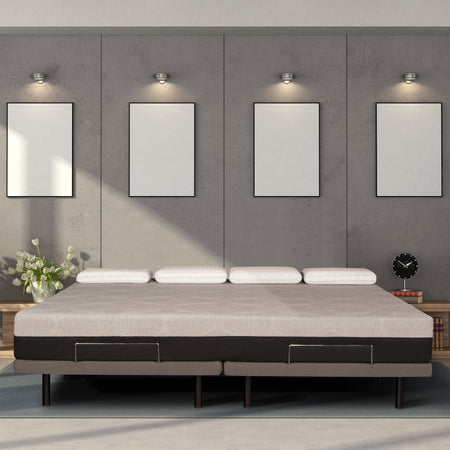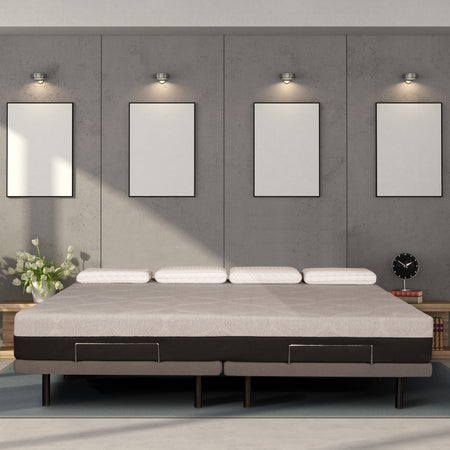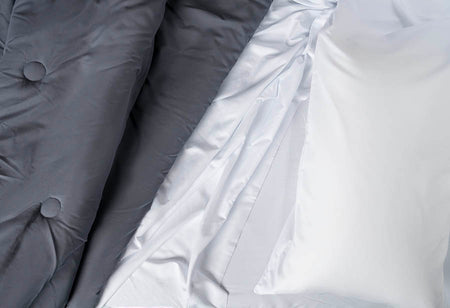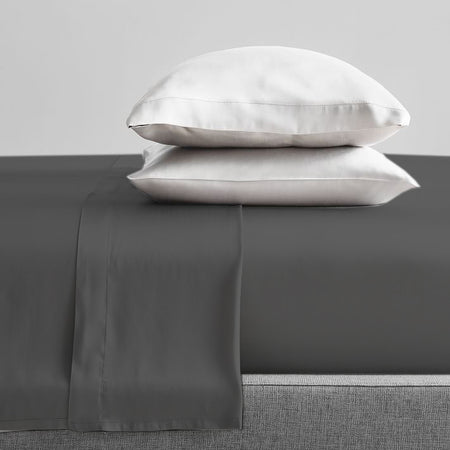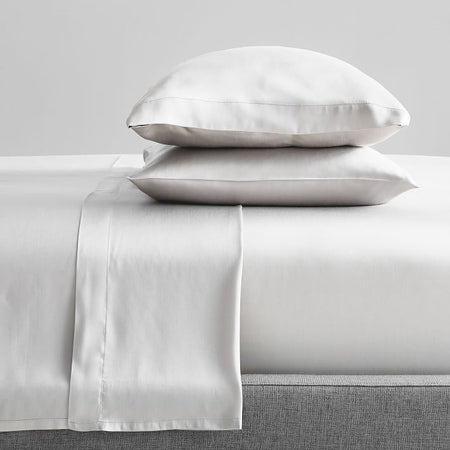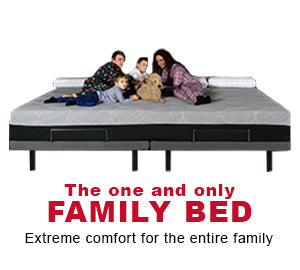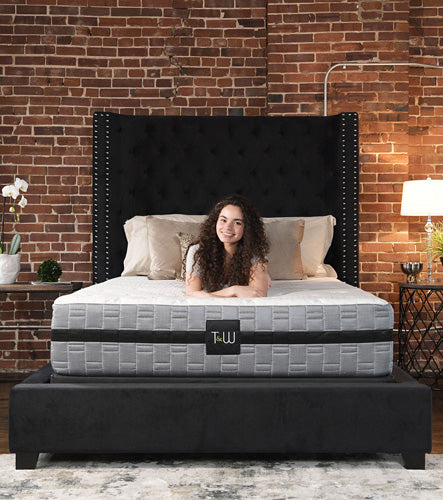The ancient proverb “early to bed, early to rise, makes a man healthy, wealthy, and wise” remains a timeless reminder of the benefits of a good night’s sleep. But in the fast-paced modern world, many things can disrupt our sleep and keep us from achieving the restful nights we need. In this post, we’ll look at the 10 most common sleep stealers and tips to help you combat them. But first, let’s make sure we’re on the same page.
Signs you’re Not Sleeping Well

Before diving into the common sleep disruptors, let's briefly look at some signs that you might not be getting the quality sleep you need.
- You often feel tired during the day
- You struggle to concentrate
- You find yourself irritable and stressed
- You frequently wake up during the night
- You have trouble falling asleep
- You feel unrefreshed even after a full night's sleep
- You find yourself taking naps frequently during the day
If you’re experiencing one or more of these signs of insomnia, keep reading to know how to achieve better sleep and quality of life.
1. Screen Time Before Bed
If you’re having trouble falling asleep, your screen time might be the culprit. Phones, tablets, and computers emit blue light that can disrupt your circadian rhythm. This light tricks your brain into thinking it’s still daytime, making falling asleep harder.
The best way to prevent this is to have a technology curfew at least an hour before bedtime. Put aside your phone, computer, etc., and consider reading a book or meditating instead of doom-scrolling on your phone. But if you must use your devices, consider using blue light filters to reduce exposure.
2. Consuming Certain Foods
Your food choices may also make it harder for you to fall and stay asleep. Spicy foods are especially notorious because they cause indigestion and worsen the symptoms of acid reflux and heartburn. They also elevate your body temperature and make it hard to get comfortable and fall asleep.
Caffeinated foods and beverages like soda, coffee, caffeinated tea, or chocolate may affect sleep and keep you awake at night, too. In fact, studies show that drinking coffee even many hours before bed can affect sleep. Other foods to avoid include:
- High glycemic index foods and added sugar
- Fatty foods
- Fast food and other ultra-processed foods
- Alcoholic drinks
3. Drinking Alcohol
Alcohol is a CNS depressant, which is why most people assume it helps promote better sleep. But the opposite is true. Although a few drinks may make you feel tired and fall asleep faster, research shows that drinking disrupts REM sleep, which is the restorative stage of sleep.
Alcohol consumption is strongly linked to insomnia and other sleep disorders that tend to co-occur with mental health disorders. If you drink alcohol, try to have it earlier in the evening. Avoid drinking close to bedtime to give your body time to process the alcohol and reduce its impact on your sleep.
4. Inconsistent Sleep Schedule

Your circadian system (the body’s internal clock) naturally aligns with the day and night cycle. But jet lag, irregular sleep schedules, and underlying conditions can throw it off-balance. That’s why sleep experts recommend that you go to bed and wake up at the same time, including on weekends.
If you’re a traveler, you should gradually adjust your sleep schedule in small increments to minimize the effects of jet lag. Inconsistency confuses your circadian rhythm and leaves you feeling sleepy throughout the day or alert at night. It may also cause problems like high blood pressure, increased heart rate, obesity, diabetes, etc.
5. Sedentary Lifestyle
Not moving around enough during the day can also affect your sleep. A sedentary lifestyle makes it harder to fall asleep and stay asleep at night. Physical activity helps regulate your body's sleep-wake cycle and can even improve insomnia symptoms. It also helps boost your immune system to combat the effects of sleep deprivation.
Aim to get at least 30 minutes of exercise each day, whether walking, jogging, yoga, or any activity you enjoy. Just try not to exercise too close to bedtime, as that can sometimes make it harder to fall asleep.
6. Stress and Anxiety
Mental illness and sleep problems are closely connected, with studies showing that one condition can lead to or worsen the other. When you are stressed or anxious, your body produces more cortisol, which is a hormone that keeps you alert. And when you can’t sleep, you may experience higher stress levels, frustration, depression and anxiety.
Lack of sleep also lowers your thinking and problem-solving skills, memory, attention span, ability to connect with loved ones, etc. The best way to combat this is to add relaxation techniques to your nightly routine. You can also seek mental health help if you’re unable to manage it on your own.
7. Environmental Factors
Your sleep environment plays a big part in how well you sleep. Things like light, and room temperature can all interfere with your ability to fall asleep and stay asleep. The same applies to noise. So, if you live in a noisy environment, use a white noise machine to mask the disruptive sound or soundproof your bedroom.

If external lighting is bothering your sleep, use blackout curtains or wear a comfortable sleep mask to keep your room as dark as possible. Keep your bedroom at a comfortable, cool temperature too, as this can help you fall asleep faster and stay asleep longer.
8. Underlying Health Conditions
Sometimes, underlying health conditions can mess with your sleep. Issues like sleep apnea, heart disease, restless leg syndrome, chronic pain, and other sleep disorders can seriously affect your sleep quality and leave you feeling tired all day.
If you think a health issue might be affecting your sleep, it’s a good idea to talk to a healthcare professional for diagnosis and treatment. Tackling these issues can improve your sleep and help you feel better overall.
9. Bad Mattress
Believe it or not, the quality of your mattress has a huge impact on your sleep. An old or uncomfortable mattress can cause back pain and restless sleep, preventing you from getting restorative rest. Over time, a bad mattress can also contribute to chronic pain and other health issues.
To improve your sleep, invest in a high-quality mattress that provides the right support and comfort. Most mattresses should be replaced every 7-10 years. Ensure your mattress fits your sleep position and body type for the best sleep possible.
10. Small Bed
Bed sharing is a beautiful way to bond with your loved ones, but it’s important to have enough space for everyone to sleep comfortably. If you often wake up because your bed feels too crowded, it might be time to consider upgrading to a larger bed. A king-size or family bed can give everyone room to spread out and sleep peacefully.


